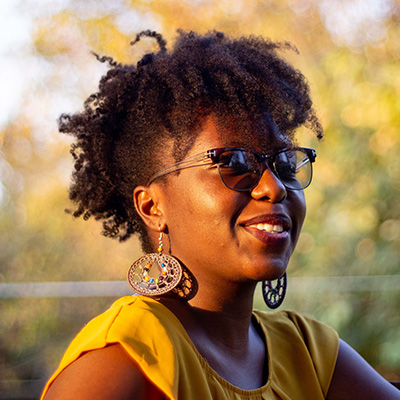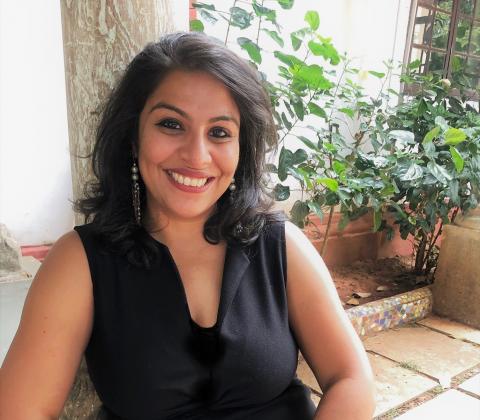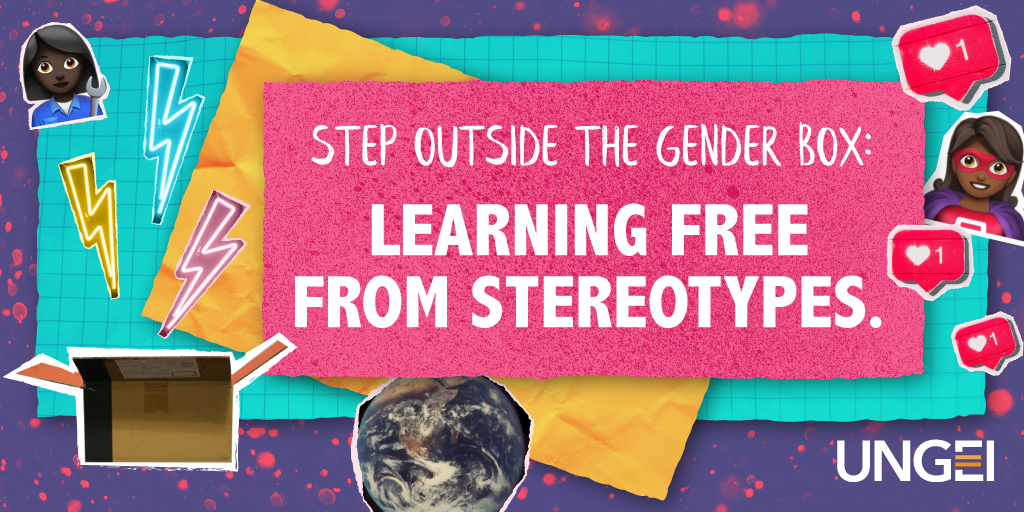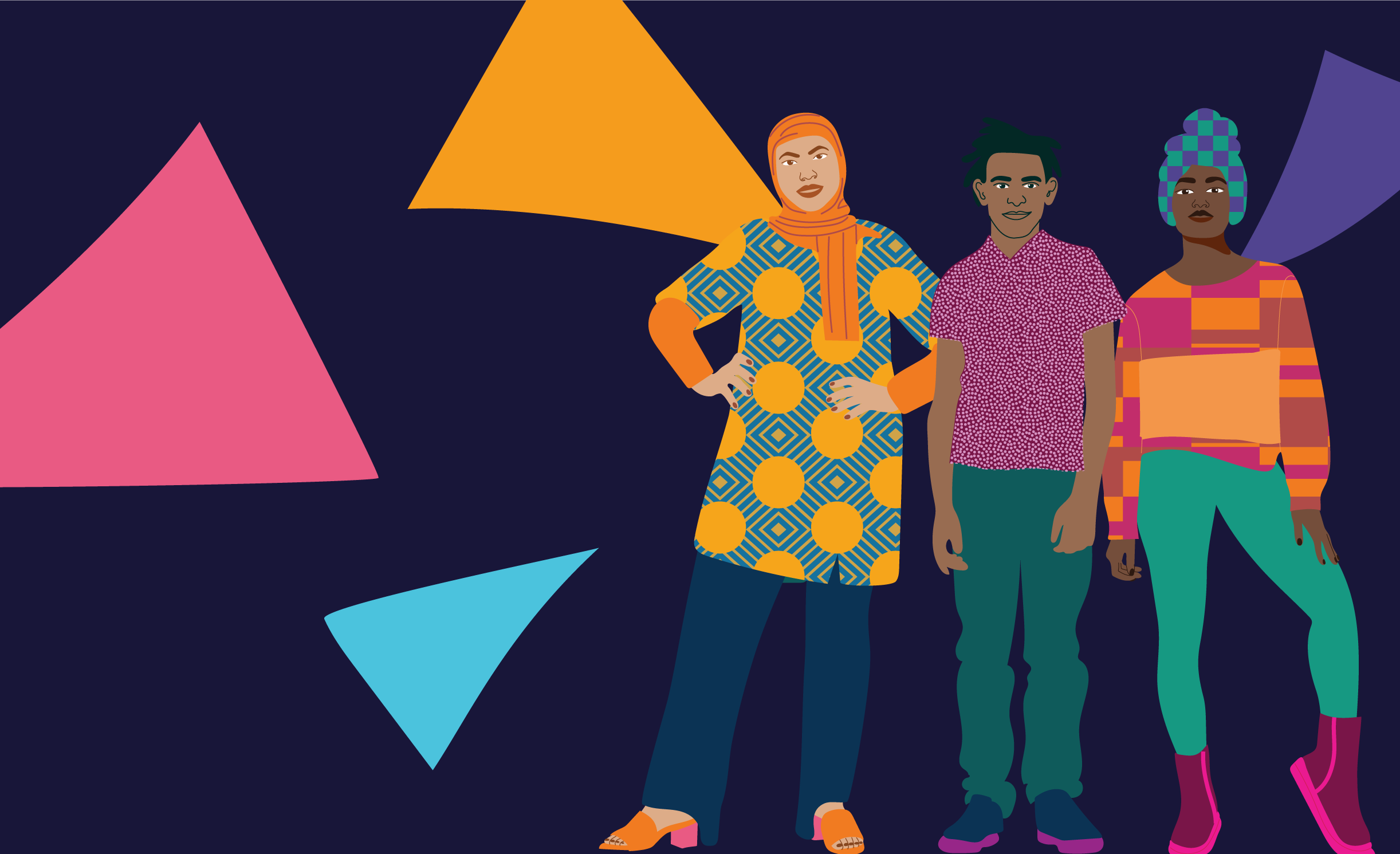There is a study taught in introductory psychology courses in colleges across the U.S., in which various cohorts of volunteers are brought into a room with a six-month-old baby playing on the floor. The volunteer—a student, barista, janitor, professor, cafeteria worker, shopkeeper—interacts with the baby. Some are told the baby is a boy, some are told the baby is a girl, and some are not told anything at all. The purpose of the study is to see whether the volunteers interact differently with the baby based on what they think the gender is.
They do. Cutting across age, gender, education and economic status, volunteers cuddle and croon to the baby when they think it’s a girl. They toss the baby up in the air and swing the baby around when they think it’s a boy. When they don’t know the gender of the baby—and here’s the kicker—they check the diaper. Not a single adult in the study felt able to play with a baby, a six-month-old baby, without knowing their gender.
This study is not surprising to either of us. We are of different ages, we are of different experiences and we are of different ethnicities and nationalities—but what we have in common is our feminism.
And on this International Day of the Girl, we want to share with you how our childhood experiences with gender stereotypes has shaped our feminism, our work—and indeed, who we are.
Alinafe Malonje: “By Simply Existing, I Am Somehow Distracting”
 I am Alinafe. I am 25 years old. I grew up in Lilongwe, a city of one million people in Malawi, in Southern Africa. I became aware of my body at a young age. It seems a strange thing to say—because how can you not be aware of yourself?—but as a young girl you aren’t, until you are forced to be.
I am Alinafe. I am 25 years old. I grew up in Lilongwe, a city of one million people in Malawi, in Southern Africa. I became aware of my body at a young age. It seems a strange thing to say—because how can you not be aware of yourself?—but as a young girl you aren’t, until you are forced to be.
When I started school as a child, I was bombarded with rules that my body had to follow: My skirt had to be a certain length. My trousers could not be too tight. I could not show my shoulders, and under no circumstances was I to sit with my legs open. They told us that our bodies would distract the boys; our bodies would disrupt learning. It became clearer to me that my body was not my own—it was merely an extension of me, made for others to perceive as they saw fit. It has taken me a long time to unlearn the stereotype that by simply existing, I am somehow distracting.
Antara Ganguli: “I Was Awful at Needlework. I Was Dying To Swing a Hammer.”
 I am Antara. I am 42 years old. I grew up in Mumbai—a city of 13 million people in India, South Asia. I was 8 years old when I was punished at school for refusing to do needlework with the rest of the girls in my class and wanting to do carpentry like the boys. I was awful at needlework. I was dying to swing a hammer. That looked like fun! Not only was that not allowed, my young brain learned—even asking for it was a crime.
I am Antara. I am 42 years old. I grew up in Mumbai—a city of 13 million people in India, South Asia. I was 8 years old when I was punished at school for refusing to do needlework with the rest of the girls in my class and wanting to do carpentry like the boys. I was awful at needlework. I was dying to swing a hammer. That looked like fun! Not only was that not allowed, my young brain learned—even asking for it was a crime.
We don’t want you to feel sorry for us. These experiences have made us who we are. And we are not extraordinary. There are millions of women around the world—scientists, sculptors, doctors, detectives and so many more—who have become strong leaders in their field in spite of being told at an early age what they should or should not be because they are girls. Just like there are millions of men around the world—nurses, teachers and dancers—who have done the same.
But imagine what the world would have looked like if children grew up, not in spite of what they are told but because of what they are told. What if, in fact, we tell them that they pick needlework or carpentry based on what they like—and help them question why mothers at home sew the buttons and not the fathers?
What if schools become the place where children are taught to question what their societies are telling them? What if girls’ bodies are allowed to be just that—girls’ bodies, not sites of honor, shame or consumption? What if boys are taught to have a different gaze—a softer gaze, a respectful gaze that holds girls and themselves to a higher standard?
We are teaching children how to use 3-D printers but we aren’t teaching them to question and reject harmful gender norms.
Education methods have evolved enormously since we went to school. Yet schools, books and teachers around the world aren’t evolving as quickly in how they socialize children on gender. We are teaching children how to use 3-D printers but we aren’t teaching them to question and reject harmful gender norms. We encourage them to advocate against climate change, but we don’t push them to question why career choices still happen along such gender segregated lines.
We pledge that we will do everything we can to fight harmful gender norms in our worlds. Please join us in this pledge. Just as coding and climate science are important life skills that children must learn for the 21st century, so is the knowledge and courage to question harmful gender norms that can keep them behind.



